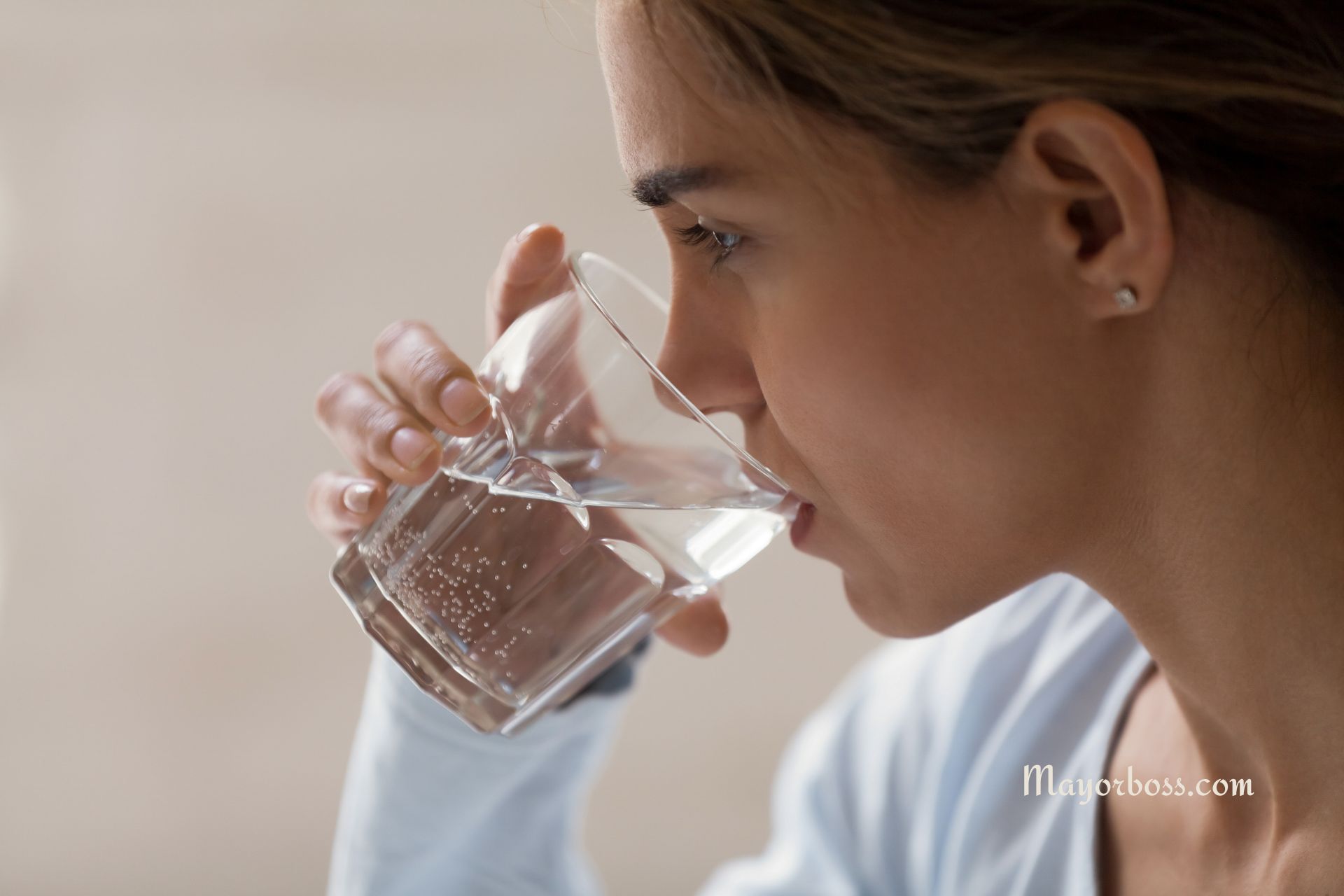Why is it so Hard to Drink Water?
We all know that drinking water is essential for our health. Our bodies are made up of roughly 60% water, and we need it for everything from regulating temperature to flushing out waste. But despite the clear benefits, many of us struggle to drink enough water each day. Why is something so vital also so difficult? Let’s dive in and explore some reasons.

Understanding the Struggle
Several reasons can make it hard for us to drink water:
Lack of Habit
For many, not drinking enough water is simply a matter of habit. If you’re used to reaching for soda, coffee, or juice instead of water, your body might not signal thirst as clearly, or you might not recognize or act on it when it does.
Taste Preferences
Some people find the taste of water boring or unappealing compared to flavored beverages. This preference for taste can overshadow the body’s need for water, making it harder to drink enough.
Busy Schedules
When you’re caught up in the hustle and bustle of daily life, staying hydrated can slip down your list of priorities. You might forget to drink water regularly, especially if you don’t have a physical reminder or a routine that includes regular water breaks.
Not Recognizing Thirst
Sometimes, we might not even recognize the signs of thirst, especially if we’re focused on other tasks or if our sense of thirst is dulled. This can lead to dehydration, even if we don’t feel “thirsty” in the traditional sense.
Making Water Intake Easier
Now that we know why it might be hard to drink enough water let’s look at some strategies to make it easier:
Set Regular Reminders
Use phone apps designed to track water intake phone or smartwatch to set reminders throughout the day. These little nudges can help you make drinking water a more automatic part of your routine.
Flavor Your Water
If you actually find plain water less satisfying or unappealing, try adding slices of fruits like lemon, lime, cucumber, or berries to enhance its flavor naturally. There are also many healthy, natural flavor drops available that can make your water taste better without adding sugar or calories.
Keep Water Close By
Always have a bottle of water within reach. Whether you’re at home, work, or running errands, having water nearby makes it more likely that you’ll drink it. Consider investing in a reusable water bottle that you like; this can also serve as a visual reminder to drink more water.
Eat Water-Rich Foods
You can also increase your hydration by consuming foods with high water content. Fruits like watermelon, strawberries, and peaches, as well as vegetables like cucumbers, lettuce, and celery, can contribute to your daily water intake.
Listen to Your Body
Pay attention to the signs of dehydration, which can include dry mouth, tiredness, and headaches. Recognizing these early signs can prompt you to drink more water before you become significantly dehydrated.
Establish a Routine
Try linking your water intake to specific activities throughout the day. For instance, drink a glass of water when you wake up, before each meal, and before bed. Associating water intake with these daily events can help you form a habit.
Frequently Asked Questions
1. How much water should I be drinking every day? The amount of water you need can vary based on factors like your activity level, age, weight, and climate. However, a general guideline is to aim for about 8 glasses (around 2 liters or half a gallon) per day, adjusting as needed for your specific circumstances.
2. Can I drink too much water? Yes, it’s possible to drink too much water, a condition known as water intoxication or hyponatremia. This is rare and usually occurs when large amounts of water are consumed in a short period, diluting the body’s sodium levels. It’s important to listen to your body and drink when you’re thirsty, not forcing yourself to meet a specific water intake goal.
3. Are there other beverages I can drink to stay hydrated? While water is the best choice for staying hydrated, other beverages like herbal teas, diluted fruit juices, and milk also contribute to your daily fluid intake. However, be mindful of drinks high in sugar, caffeine, or artificial additives, as they can have other health impacts.
